2025-5-30
In the rapidly evolving digital age, businesses are compelled to rethink and redesign their traditional processes to keep pace with technological innovations. Digital transformation has emerged as a critical strategy, reshaping how companies operate, engage with customers, and compete in the marketplace. This article explores the transformative effect of digital technologies such as Artificial Intelligence (AI), the Internet of Things (IoT), and cloud analytics on modern businesses.
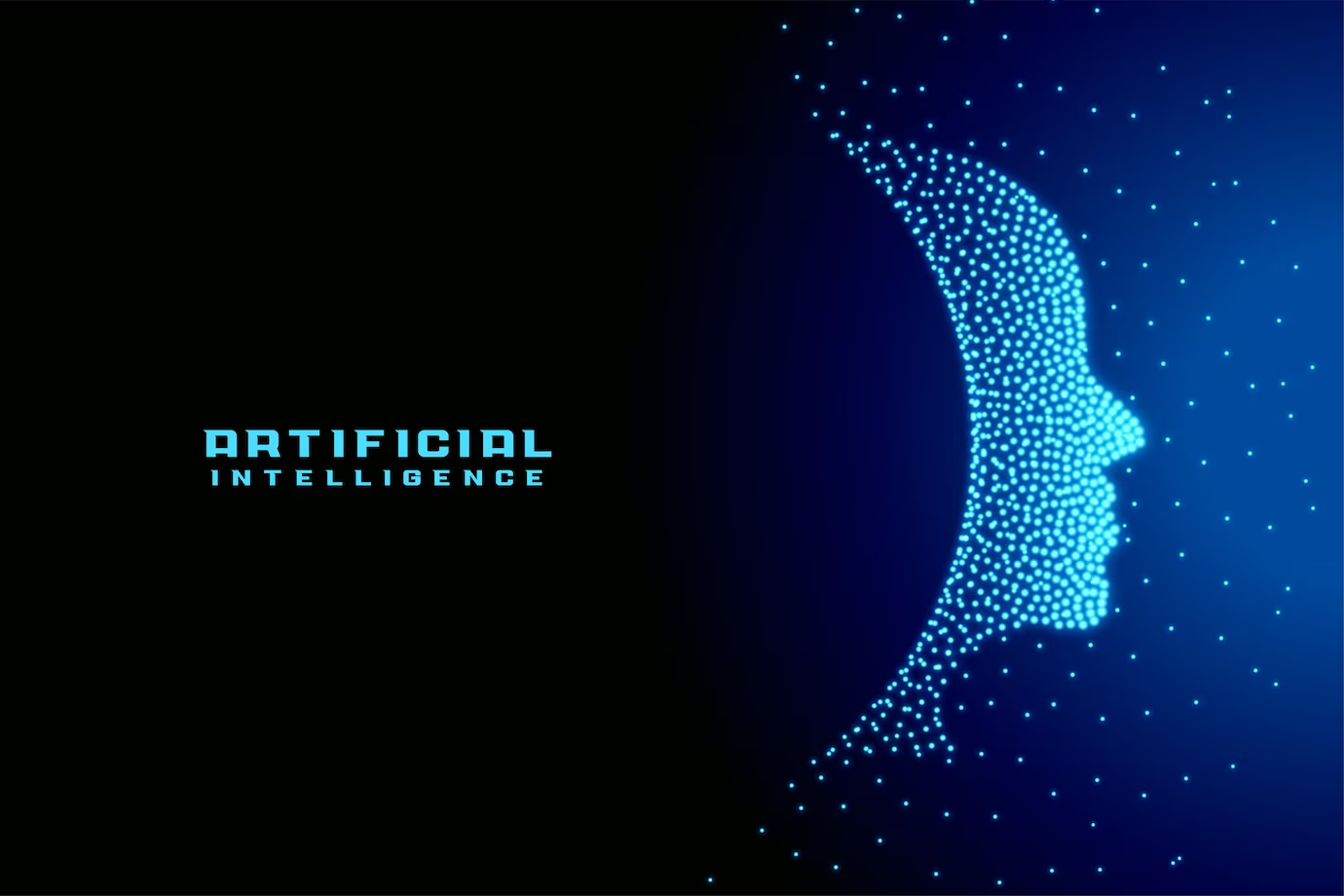
Artificial Intelligence is revolutionizing the way businesses operate by automating processes, enhancing decision-making, and enabling more personalized customer experiences. AI-powered tools are used to analyze vast amounts of data to provide insights that drive strategic business decisions.
The integration of AI in business processes leads to efficiencies such as machine learning, predictive analytics, and natural language processing. These technologies enable companies to anticipate market trends, understand consumer behavior better, and respond quickly to changing demands.
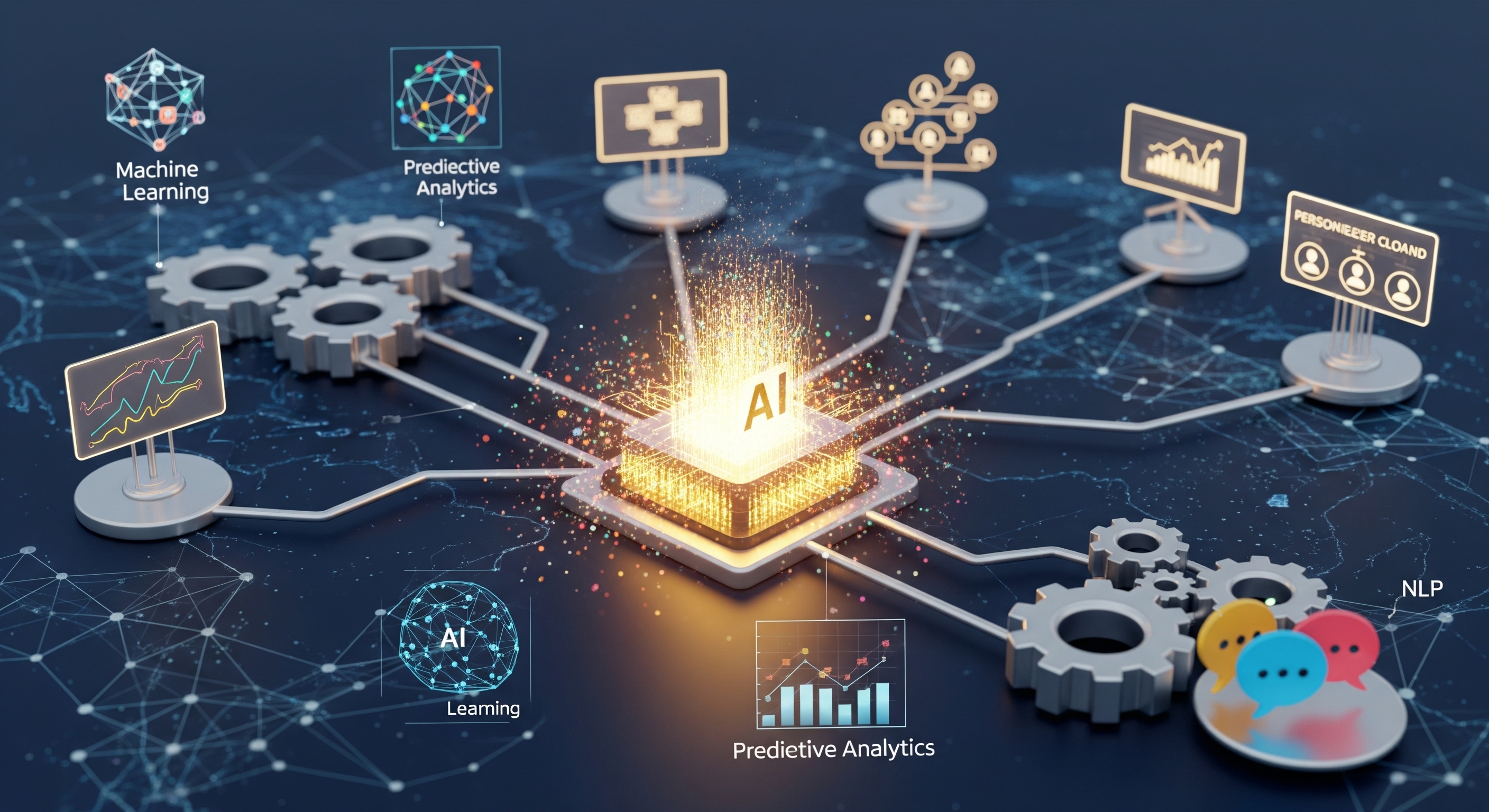
IoT refers to the interconnection of everyday devices to the internet, enabling them to send and receive data. In business, IoT is used to streamline operations, optimize supply chains, and enhance customer service by collecting valuable data across all touchpoints.
IoT devices offer real-time tracking and monitoring of assets, leading to improved operational efficiency and reduced costs. For instance, smart sensors in manufacturing can predict equipment failures before they occur, thereby minimizing downtime.
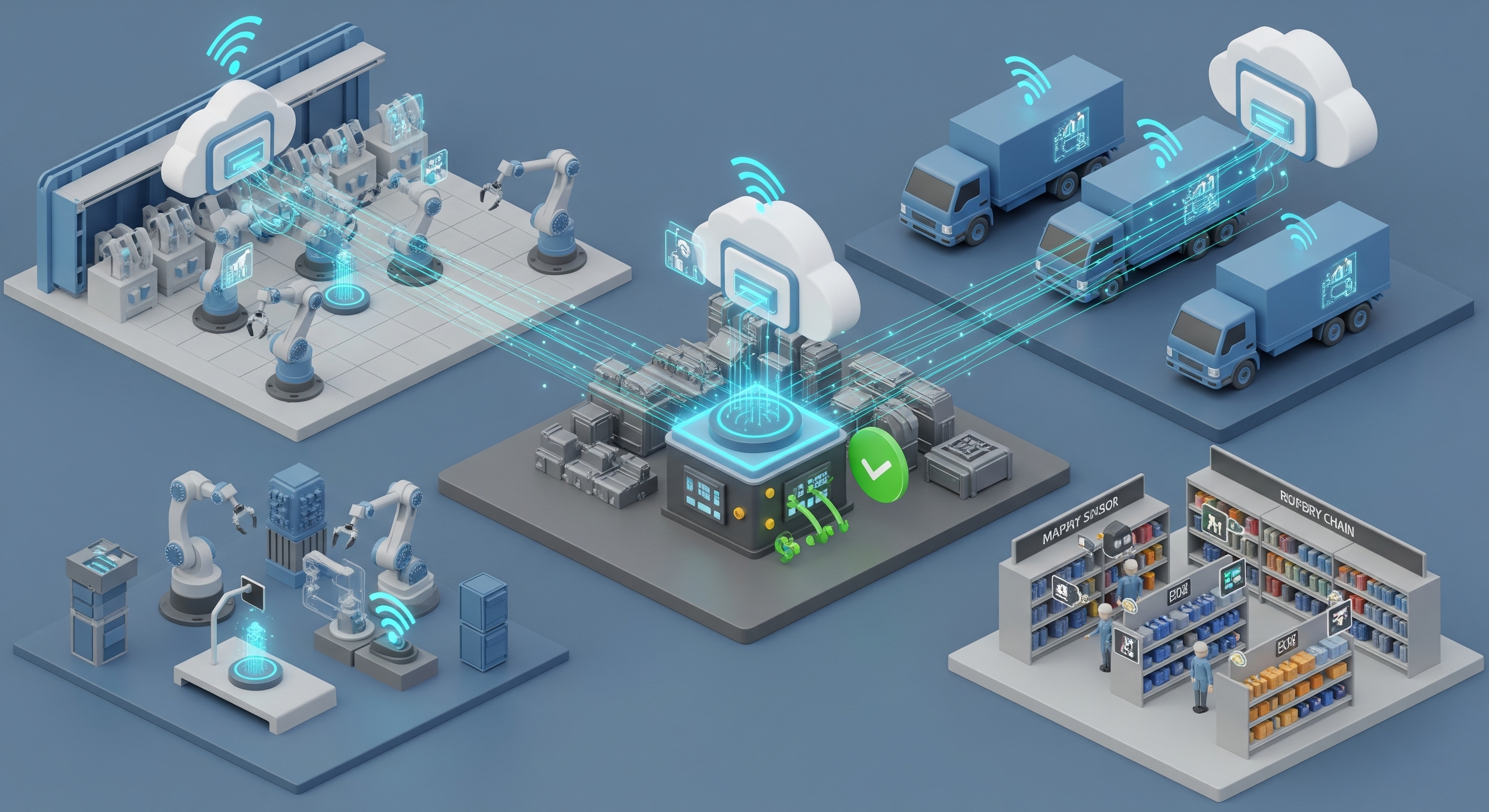
Cloud analytics refers to the ability to utilize cloud computing and analytics software to process large datasets efficiently. Businesses leverage cloud analytics to gain deeper insights into customer preferences and market dynamics without the need for extensive IT infrastructure.
Cloud-based solutions provide scalability, flexibility, and cost-effectiveness. They enable businesses to quickly access data and tools from anywhere, facilitating collaboration and data-driven decision-making.
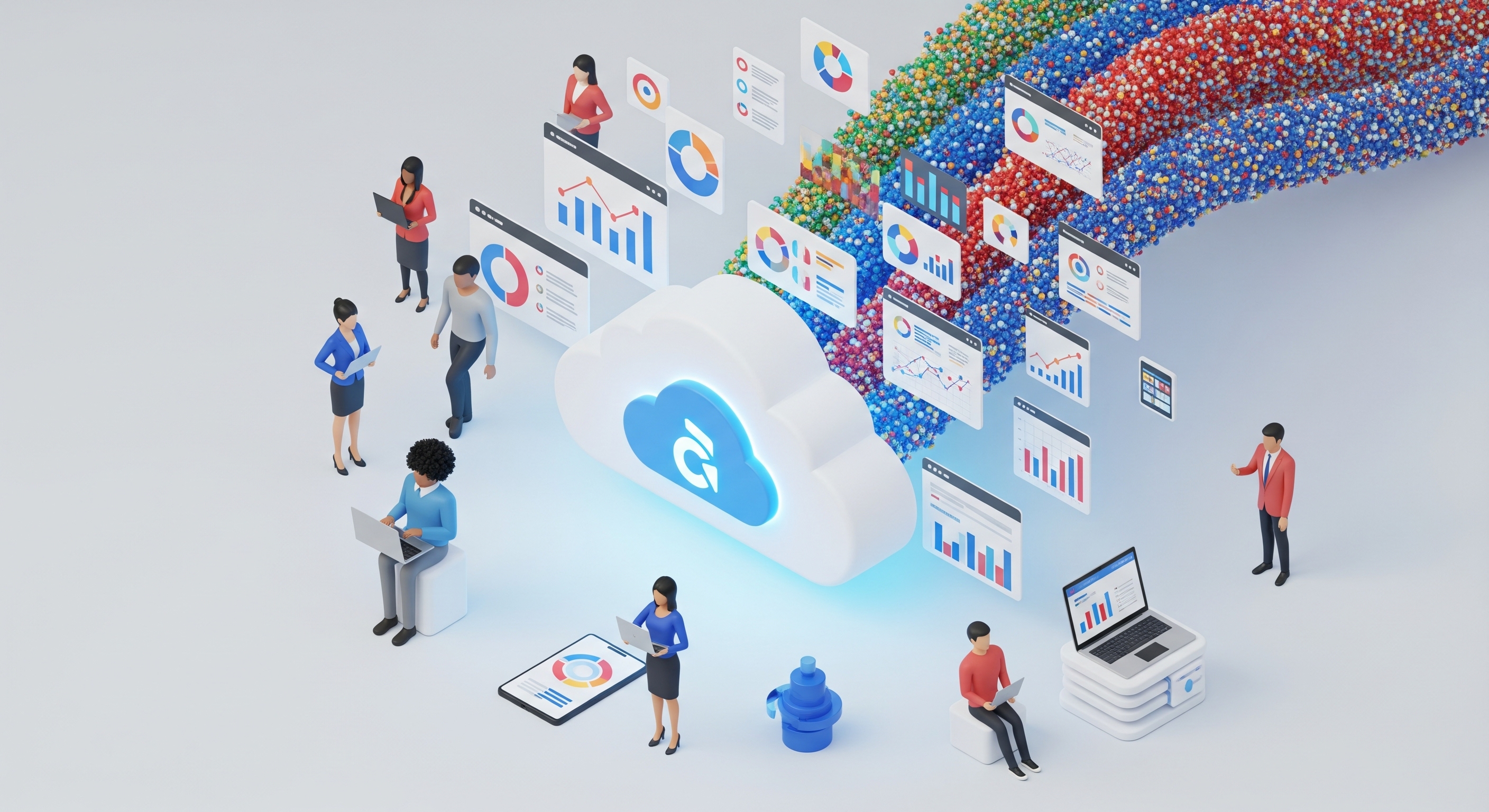
As businesses continue to embrace digital transformation, emerging technologies such as blockchain, augmented reality (AR), and 5G are set to further revolutionize the landscape. These innovations promise to enhance connectivity, security, and user experiences, making businesses more agile and competitive.
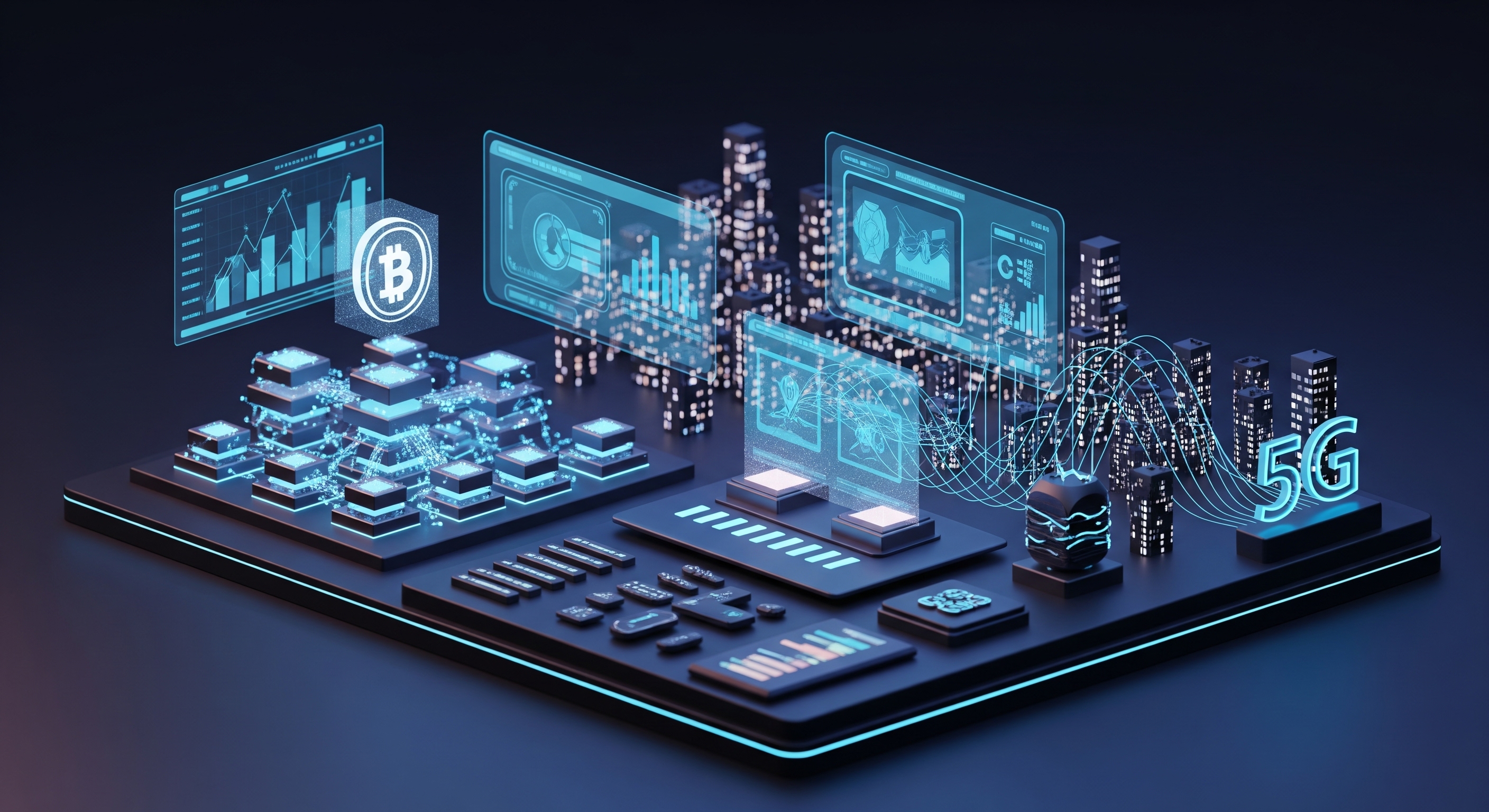
Blockchain technology can fundamentally alter the way businesses conduct transactions by creating immutable and transparent records. This innovation serves as a decentralized ledger that securely records transactions across multiple computers, ensuring that each transaction is verified by a consensus mechanism. Blockchain applications extend beyond finance, impacting supply chains, healthcare, and even digital voting systems by enhancing transparency and reducing fraud.
One of blockchain's primary benefits is its ability to provide transaction traceability and verification without intermediaries. This feature significantly reduces the risk of manipulation and fraud. For example, in supply chain management, blockchain can track the journey of goods from origin to consumer, ensuring authenticity and compliance with regulatory standards. This level of transparency not only builds trust with consumers but also enhances operational efficiencies in various industries.
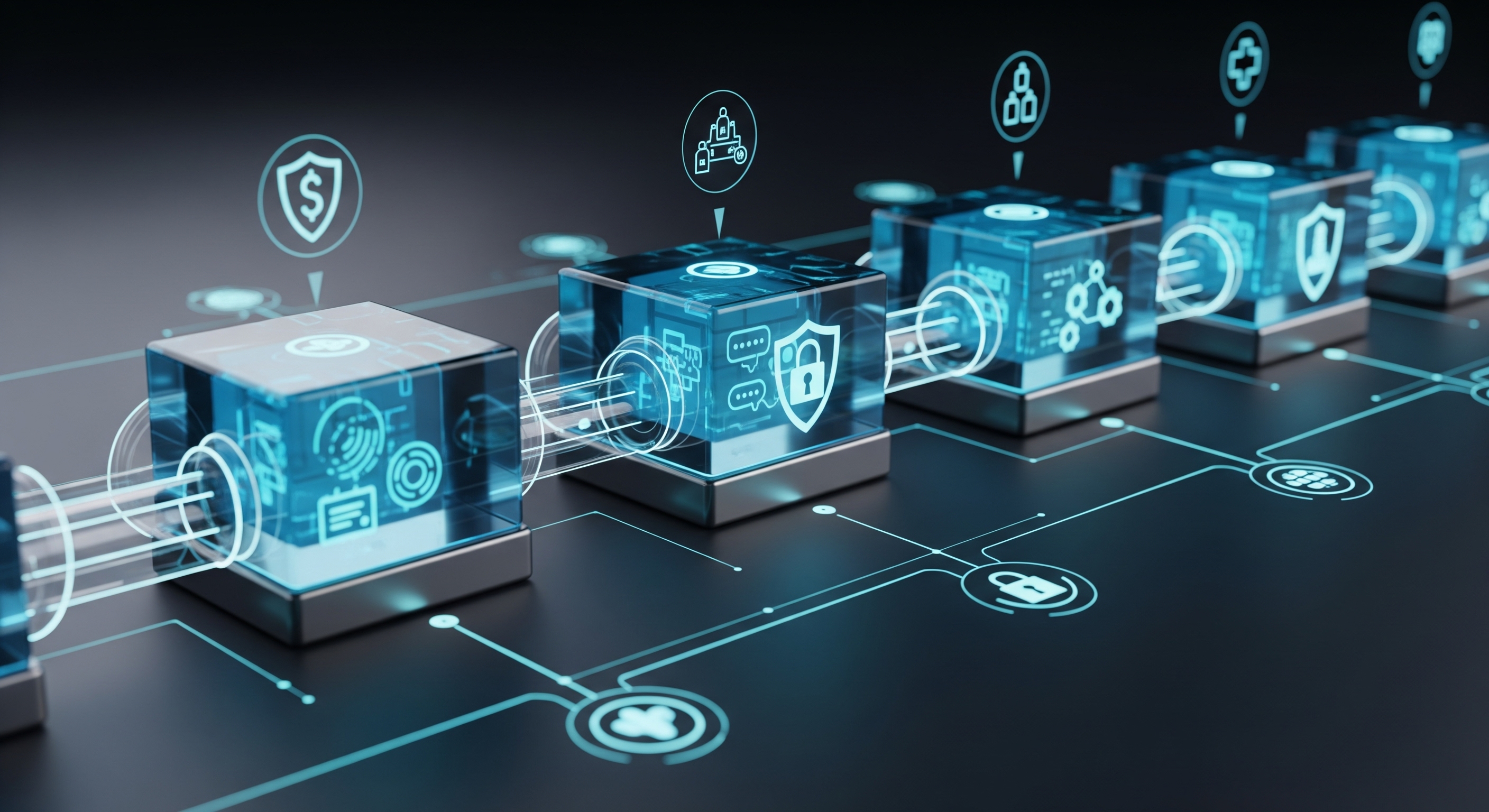
Augmented Reality overlays digital information on the physical world, providing businesses with innovative ways to engage customers. Industries such as retail, real estate, and education are increasingly integrating AR to create immersive experiences. For instance, furniture retailers use AR to allow customers to visualize products in their home settings, enhancing decision-making and personalizing the shopping experience.
AR elevates customer engagement by offering interactive and engaging content. This technology can lead to higher conversion rates in e-commerce by enabling virtual try-ons of clothing or accessories. Moreover, AR applications in educational settings can transform learning experiences by providing interactive 3D models and simulations, making complex subjects easier to understand. As consumer expectations for innovative experiences grow, AR will become a standard component of forward-thinking business strategies.

The advent of 5G technology marks a significant leap in connectivity, providing faster data speeds, lower latency, and increased reliability. Businesses across multiple sectors are adopting 5G to enhance their operations and customer offerings. This technology drives advancements in IoT, enabling devices to communicate with each other more efficiently, which is crucial for industries like smart manufacturing and autonomous vehicles.
5G enhances the real-time capabilities of connected devices, facilitating the development of smart cities and the expansion of remote healthcare services. With its fast and reliable connectivity, businesses can support more robust data-driven applications, improving productivity and customer satisfaction. As 5G continues to roll out globally, it will provide the infrastructure necessary to support next-generation technologies, positioning businesses to capitalize on emerging market opportunities.
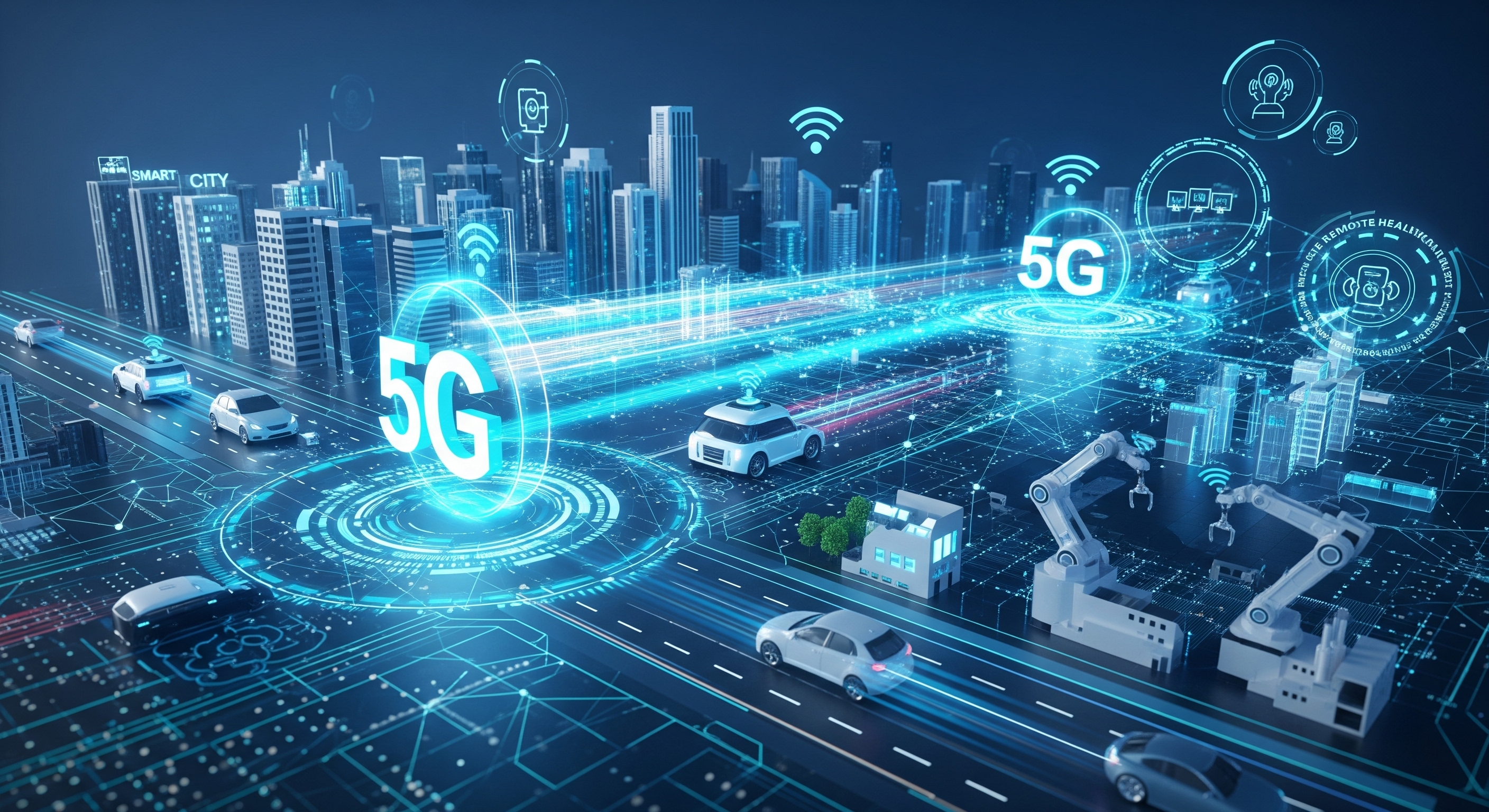
In conclusion, the integration of digital technologies such as Artificial Intelligence, the Internet of Things, Cloud Analytics, Blockchain, Augmented Reality, and 5G are revolutionizing business landscapes across the globe. As these technologies evolve and converge, they provide significant opportunities for businesses to innovate and create value. By embracing digital transformation, companies can enhance operational efficiency, improve customer engagement, and drive sustainable growth. Understanding and leveraging these technologies are essential for gaining a competitive advantage in the ever-changing digital economy.